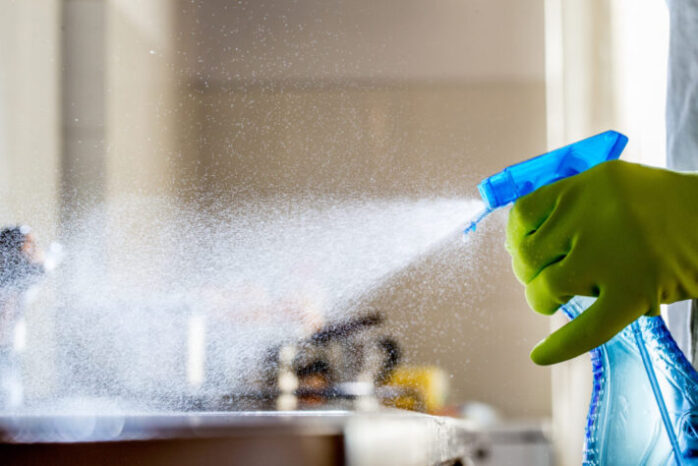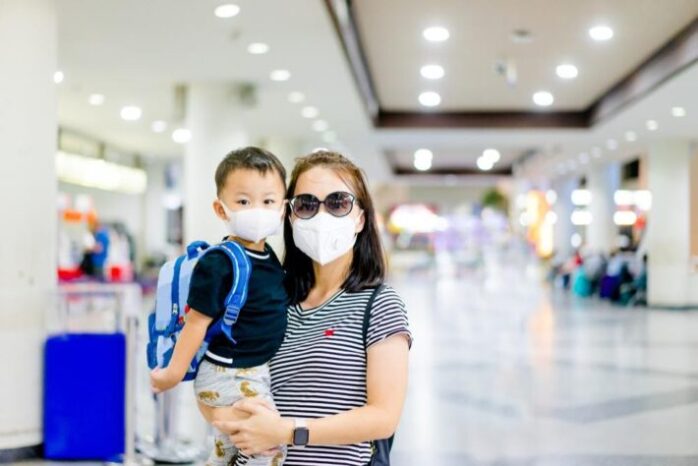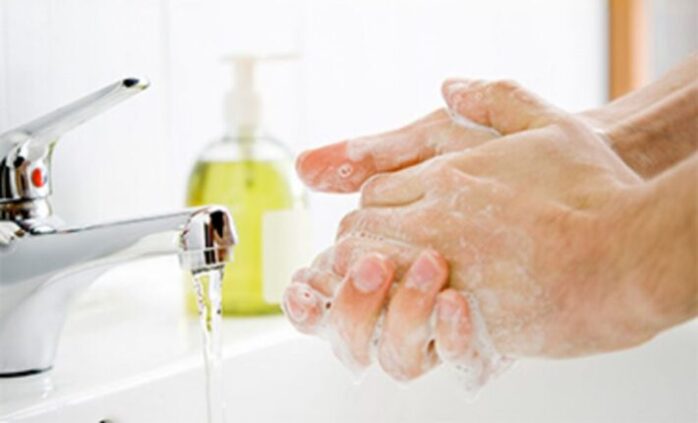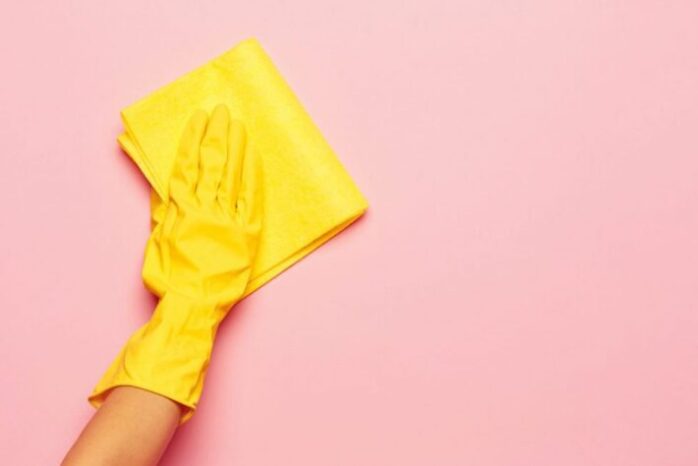
With over three million people infected with the COVID-19 virus, the global epidemic is a harsh reality in which we currently live. Many countries around the world are fighting in their way to suppress the further spread of the coronavirus and save as many lives as possible. We are currently witnessing the easing of measures in some countries that seem to be slowly overcoming this crisis.
However, that does not mean that the pandemic is over. Namely, even though the virus has weakened in certain parts of the world – that does not mean that we should relax and stop worrying. This primarily refers to measures related to personal hygiene and protection as measures to prevent disease. Therefore, we present X personal hygiene tips to get through the coronavirus crisis.
Personal Hygiene – A Major Factor Of Health

The saying that hygiene is half of the health – has proven to be completely true when it comes to Covid-19. By that, we do not only mean protective measures such as wearing masks, gloves, or social distancing. Most of all, we are thinking about personal hygiene – and the hygiene of the rooms in which we live, work, or spend time.
Although these are well-known facts – we often ignore some of the basic rules such as hand washing. That is why we bring you a few “golden rules” you should follow when it comes to personal hygiene. Some of them also refer to the hygiene of things and the environment in which we live.
1. Use Protective Masks and Gloves
Proper use of protective masks and gloves reduces the chance of corona infection. Wear a mask to protect yourself and others. In addition to preventing sneezing and coughing droplets from spreading through the air – one of the functions of the mask is to get you used to not touching your face. We shouldn’t do it with our hands – with which we have previously touched surfaces exposed to a large number of people.
Various studies show how long the coronavirus can stay on different surfaces – and accordingly, it is recommended to wear gloves when shopping or coming into contact with public areas. Masks and gloves must be put on, used, removed, and disposed of in the right way. Disposable masks that can be purchased in pharmacies together with gloves should be used only once.

2. Hand Hygiene
Bacteria and viruses on the hands are known to be the largest source of infectious diseases in humans. The diseases they cause can be prevented with proper and regular hygiene – that is, proper and regular hand washing.
Regular hand washing is the simplest and cheapest way to prevent the spread of many infectious diseases, including coronavirus. Proper hand hygiene is the basis of the fight against the COVID-19 virus. Frequent hand washing for at least 20 seconds or using a disinfectant with 70% alcohol is highly recommended.
When it comes to hand sanitizers and disinfectants – those with alcohol and antibacterial action have proven to be the most effective. If you don’t know how to choose the right one, click here. Find sanitizers and antiseptic sprays with a broad spectrum of antimicrobial action. These products are suitable for the whole family, for daily frequent use – because they thoroughly disinfect, and do not dry out the skin.
3. Nasal And Oral Hygiene
Disinfectant sprays and solutions can be utilized to sterilize the throat and nose. As the coronavirus principally assaults the upper respiratory system, it is important to give exceptional consideration to extra cleanliness of the nose and oral cavity.
In these cases, products developed by using propolis can be of incredible advantage – because it has antimicrobial and mitigating impacts and reinforces the total immune system. For the nose, some natural-based products will secure you without any problem. For the throat, there are different solutions for grown-ups and youngsters, just as various throat flushing products.

4. Bathroom Hygiene
A higher level of cleanliness is important in fighting against coronavirus. In your home, you should give special consideration to the restroom – as it is utilized by other relatives. Every accessible surface in the restroom should be washed with a suitable product – and scrubbed with a sanitizer. Bed material, particularly cushions and linens – ought to be changed often, and washed at the high temperature – relying upon the program of the washer. Put on a mask and gloves before you begin cleaning.
Abstain from contacting your face and eyes while doing it. During this time, keep the windows open to ventilate the space. When you’re finished, toss the gloves and mask in the waste pack – and wash your hands with cleanser and water. Wash up and promptly change the garments you were wearing during the cleaning.
5. Social Distancing Is Still Very Important
It is suggested that when performing daily actions that bring you near others – a separation of 6 feet must be kept up. For what reason does it make a difference to such an extent? It is mostly because COVID-19 is principally transmitted by droplets. This implies that sneezing or coughing of another contaminated individual can transmit the infection to you. Even more significant is the fact that there are asymptomatic patients, with gentle or no side effects.
These individuals are commonly not aware that they are carrying the infection and that they can without much of a stretch transmit it to other people. That is the reason it is imperative to lessen contact with others as far as associating outside one’s family unit. Going out is a need for the typical functioning of a family – however, it is prescribed that you diminish these activities to the unavoidable least – such as purchasing food and groceries, drugs, and a walk for pets.

Conclusion
Viruses and germs can be easily transmitted by touch – but just as easily by touching surfaces that have not been adequately cleaned. Maintaining proper personal hygiene, but also home hygiene – is crucial during the COVID-19 pandemic.
Therefore, special attention should be paid to those places in the house where they can be most likely spread – the kitchen, bathroom, and bedroom. Use soap and hot water or disinfectant to destroy any viruses and germs – and in these conditions, repeat the cleaning several times a day.











